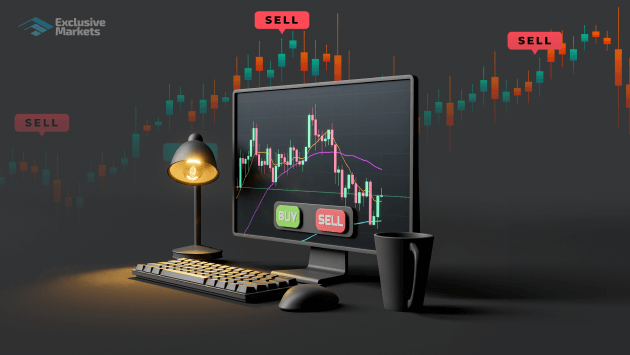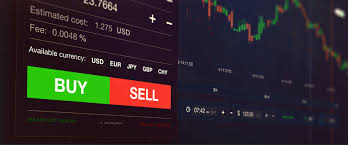
Currency trading in the Forex market has become increasingly popular as more investors seek globalization and the potential for profit in foreign exchange fluctuations. Knowing the ins and outs of Forex trading can significantly affect your financial success. This article provides a comprehensive guide on currency trading and highlights essential strategies and tips for navigating the complex world of the Forex market, including the best resources available such as currency trading forex Forex Brokers in Kuwait.
Understanding the Forex Market
The foreign exchange (Forex) market is the largest and most liquid financial market in the world, averaging a daily trading volume of over $6 trillion. Unlike other markets, Forex has no centralized exchange; instead, it operates 24 hours a day, five days a week, through a global network of banks, financial institutions, corporations, and individual traders. The primary goal of Forex trading is to profit from changes in currency values.
Currency Pairs
Forex trading involves buying one currency while selling another, typically presented in currency pairs. For example, in the pair EUR/USD, the euro (EUR) is bought with U.S. dollars (USD). Currency pairs are grouped into three main categories: major, minor, and exotic pairs. Major pairs include the most traded currencies like the USD, EUR, GBP, and JPY, while minor pairs include currencies that are less frequently traded. Exotic pairs involve a major currency and a currency from a developing economy.
Key Concepts in Currency Trading
To become a successful Forex trader, it’s essential to understand several key concepts:
1. Pips and Lot Sizes

A pip is the smallest price movement in a currency pair, typically representing a change in the fourth decimal place (0.0001). Lot sizes determine how much of a currency you are trading; standard lots consist of 100,000 units, mini lots comprise 10,000 units, and micro lots consist of 1,000 units. Understanding these terms helps you gauge the value of your trades and manage your risk effectively.
2. Leverage and Margin
Leverage allows traders to control larger positions with a smaller amount of capital, often enabling them to magnify their profits. However, it also increases the risk of significant losses. Margin is the amount of money required to open and maintain a leveraged position. Understanding how leverage affects your trading strategy is critical for risk management.
3. Trading Sessions
The Forex market operates in three main trading sessions: the Asian, European, and American sessions. Each session has different market dynamics and volatility levels. The overlap between the European and American sessions often presents the highest trading volumes, providing more opportunities for traders.
Strategies for Successful Currency Trading
Successful Forex trading involves more than just buying low and selling high. Here are several strategies that can help traders succeed in the market:
1. Technical Analysis
Technical analysis involves analyzing currency pairs by reviewing historical price data and identifying patterns and trends using charts. Traders utilize various tools such as moving averages, RSI (Relative Strength Index), and Fibonacci retracement levels to make informed trading decisions.

2. Fundamental Analysis
Fundamental analysis focuses on the economic factors that influence currency values, such as interest rates, inflation, and geopolitical events. By keeping track of economic indicators and central bank policies, traders can anticipate movements in the Forex market and make strategic trades.
3. Risk Management
Implementing a solid risk management strategy is crucial in Forex trading. Determine your risk tolerance, set stop-loss and take-profit orders for your trades, and avoid risking more than a small percentage of your capital on a single trade. Proper risk management helps preserve your trading capital and allows for long-term success.
Selecting a Forex Broker
Choosing the right Forex broker is a vital step toward successful trading. Look for brokers that offer competitive spreads, a user-friendly trading platform, and robust customer support. Additionally, ensure that the broker is regulated by a reputable financial authority for security and reliability.
For those in Kuwait, it’s important to research local regulations and find Forex Brokers in Kuwait that are compliant and suitable for your trading needs.
Conclusion
Currency trading in the Forex market is an exciting opportunity for both novice and experienced traders. By understanding the market’s mechanics, implementing proven strategies, and choosing a reliable broker, traders can navigate the complexities of Forex trading more effectively. As with any investment, education and practice are critical components of success. Always stay informed, manage risks, and continuously refine your trading skills for the best results in the dynamic world of foreign exchange trading.











